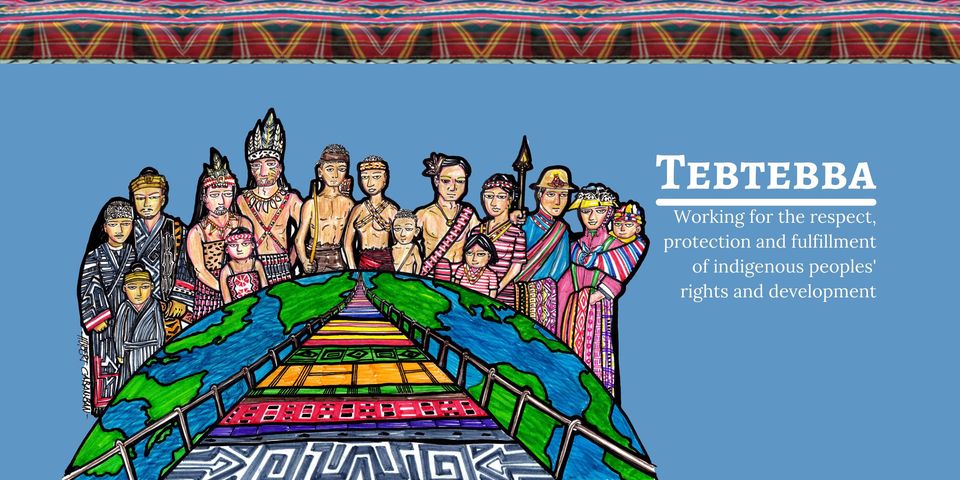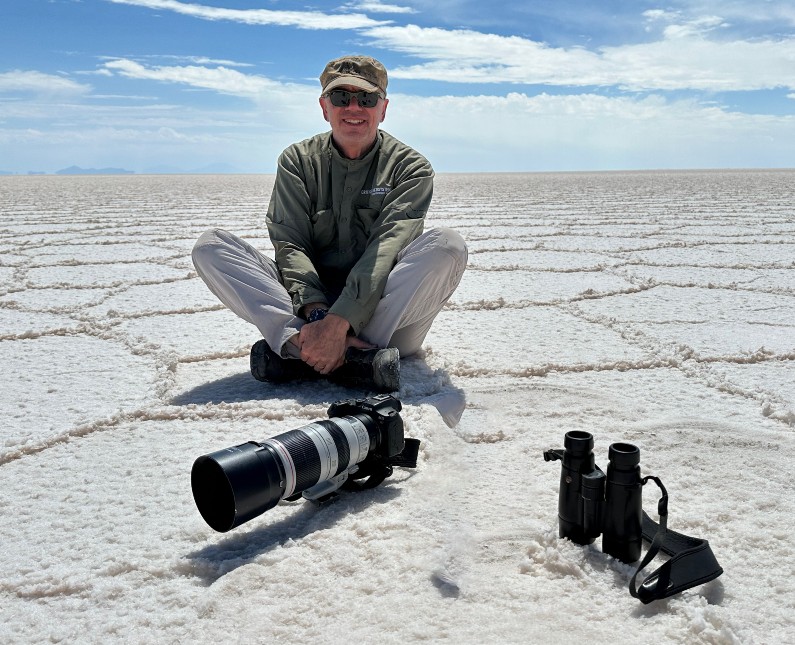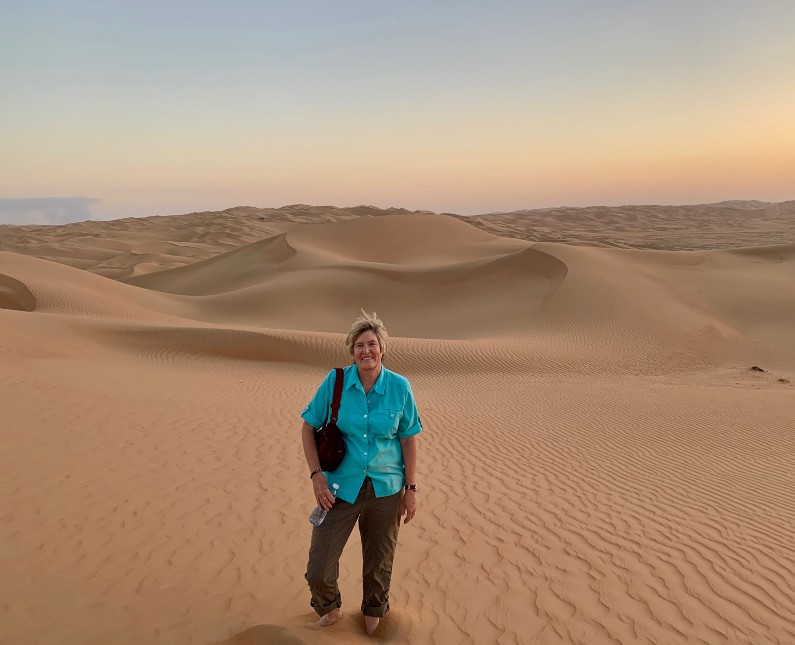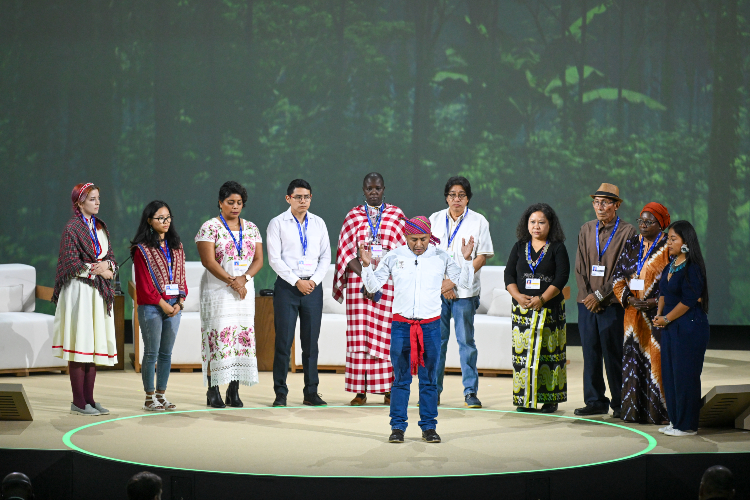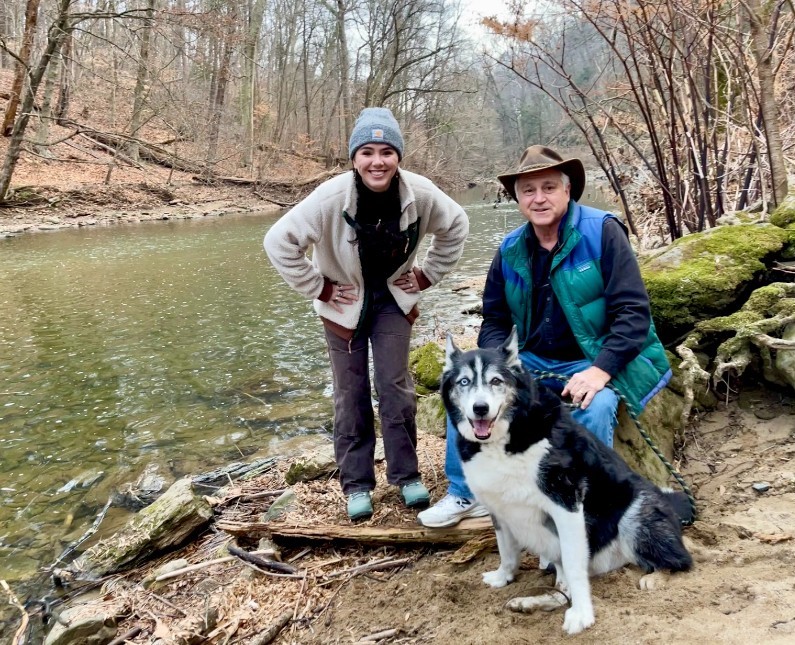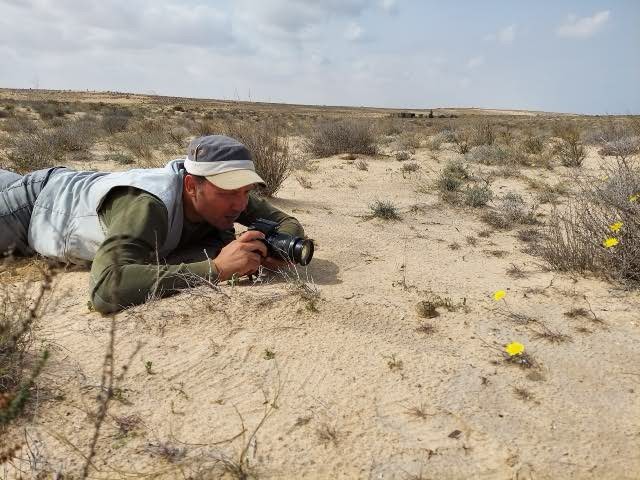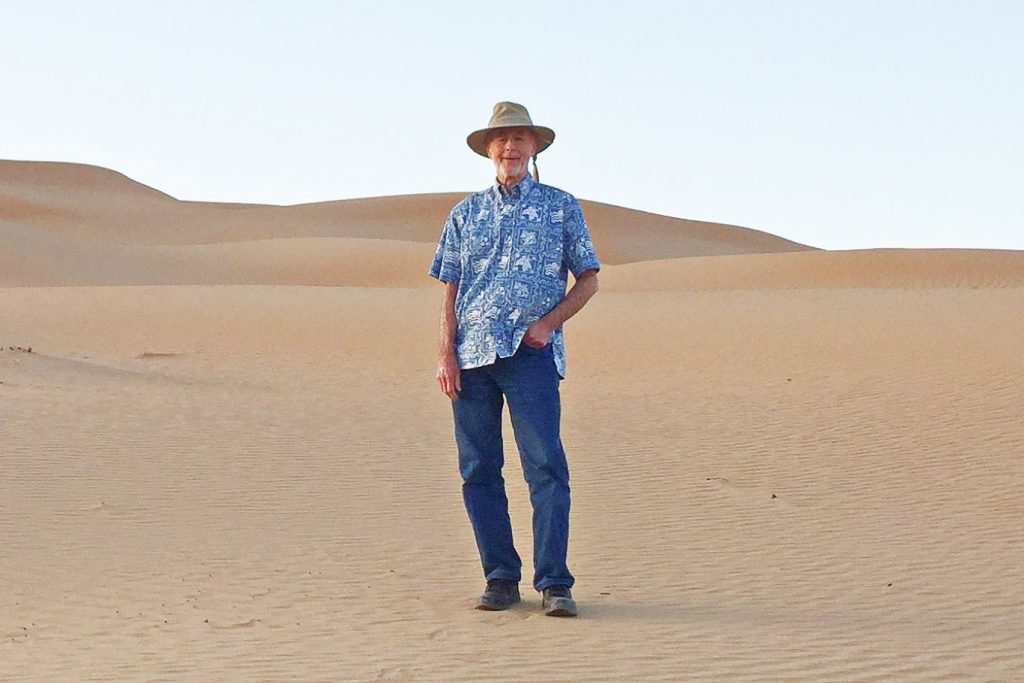Recently, The Mohamed bin Zayed Species Conservation Fund partnered with the National Aquarium, Abu Dhabi and the African Aquatic Conservation Fund on a very special project. This collaboration enables crucial financial support from Abu Dhabi for the conservation of the special and highly threatened West African manatee in its natural habitat. Through this partnership, we aim to fund conservation projects and build local capacity to ensure the long-term protection of this unique species.
The MBZF podcast team from Repton School Dubai had an engaging conversation with Paul Hamilton, the General Manager of the National Aquarium. During the interview, they discussed various topics including the collaboration, conservation efforts, Paul’s passion for sharks, and much more. Before diving into the discussion, Adam asked some quick-fire questions to help us get to know Paul better. Sit back, relax, and enjoy this exciting interview.
In this interview, Paul’s passion for conservation shines through, and his forward-thinking approach is evident in the unique partnership to protect manatees in their natural habitat. We believe that this interview provides valuable insights into the captivating and exhilarating world of conservation.


